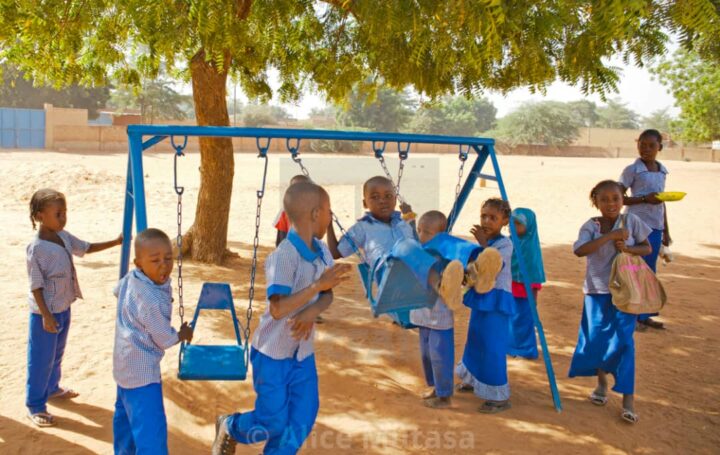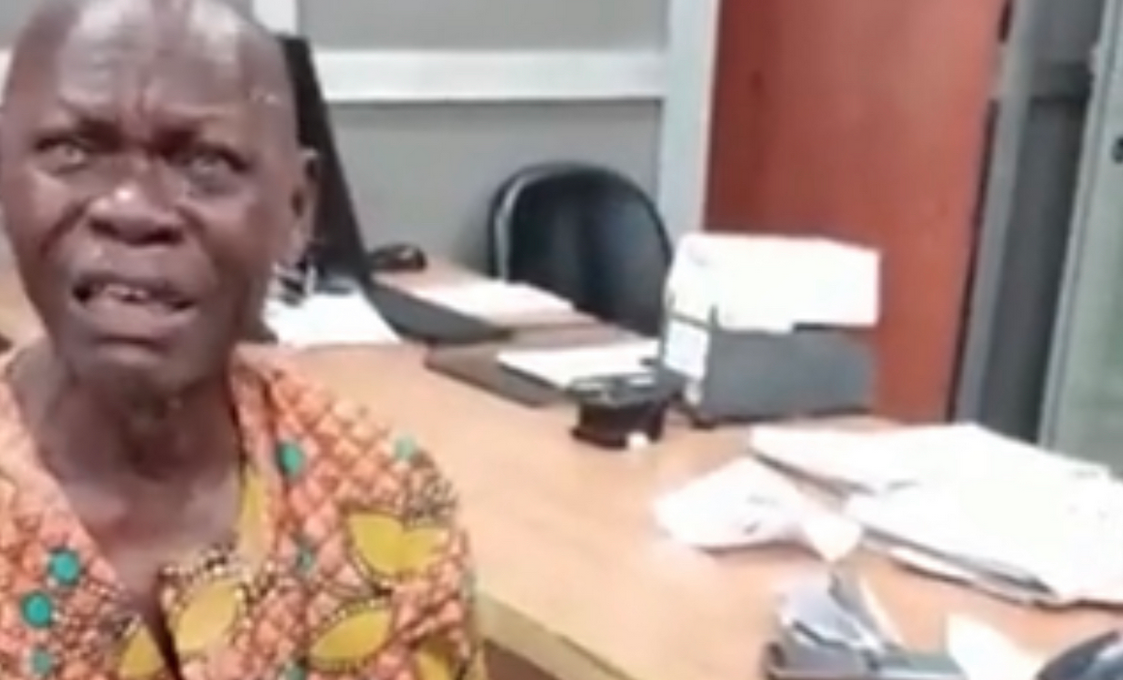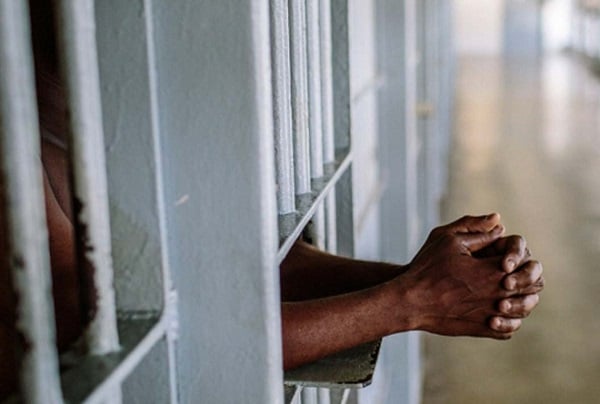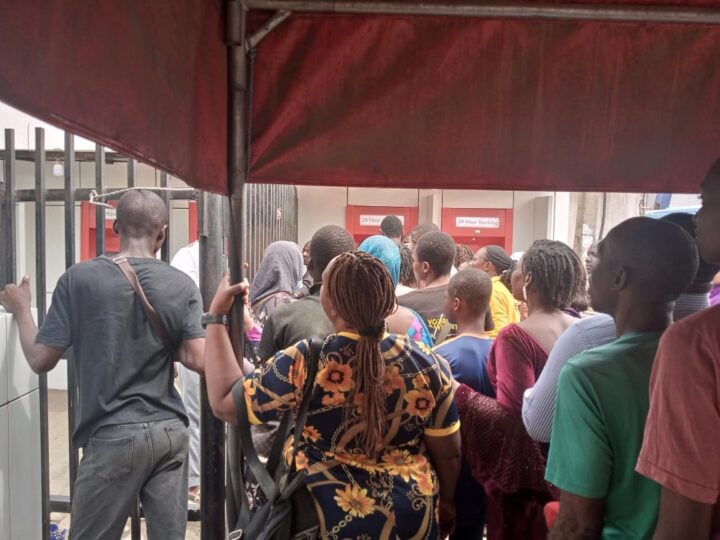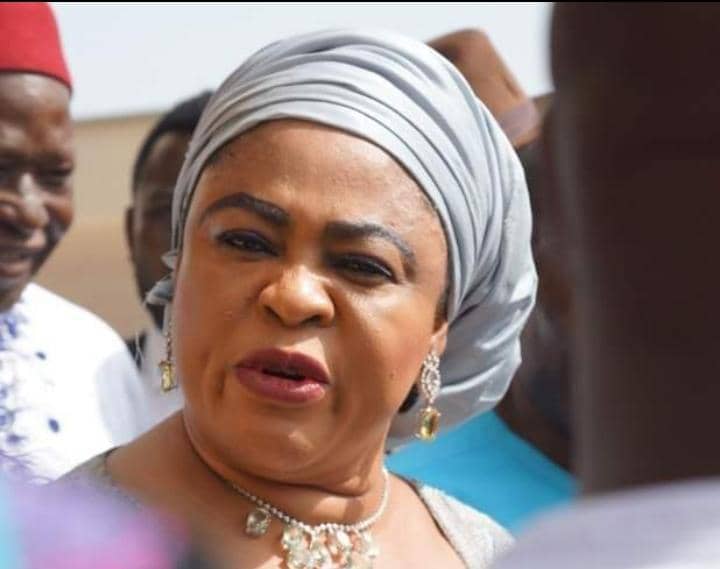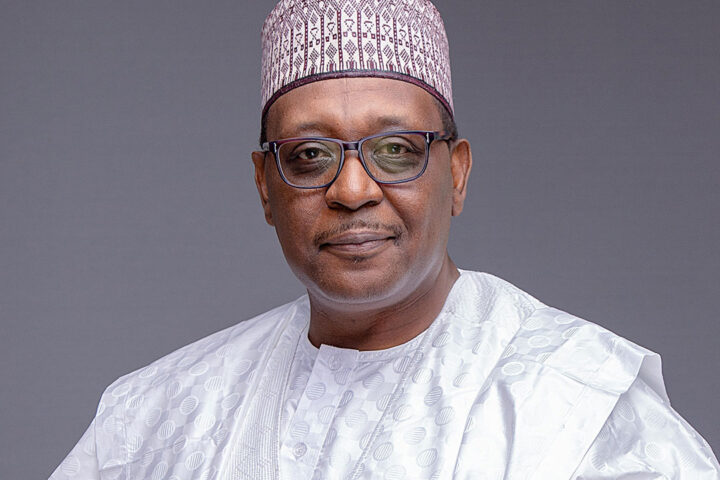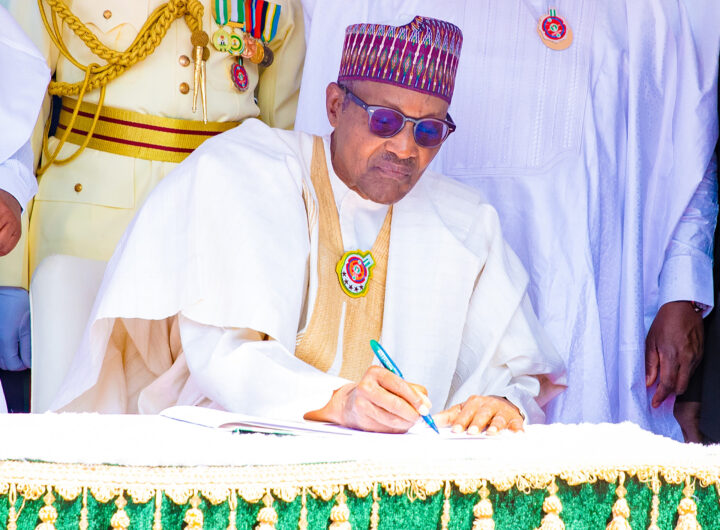Early childhood education in Nigeria: Success amid challenges and barriers
The volunteer teaching service being rendered by 22-year-old Fatima Yusuf at the Yerwa Peace Estate Primary School, Maiduguri may not attract attention, even though humanity is attached to her resolve. She graduated with a higher diploma certificate in Hospitality Management from the Ramat Polytechnic, Maiduguri only in 2021 and had upon observing her national youth service mid-last year opted to seek a job in the hospitality industry. But luck did not shine on her. Suddenly, she got inundated with cries from the public school administrators in the state for volunteer teachers to shore up the inadequate population of primary school teachers.
Fatima approached the Head Teacher at the public primary school, Mallam Kolomi Goni Mustapha, to express her wish to help out and it was granted instantly. She has since found love and satisfaction in a profession for which she had no training.
“I was determined to make a difference because I wanted to contribute to the growth and development of the children. Besides, my parents and siblings have also encouraged me to carry on, and to be honest, I am not bothered about not being paid,” the second daughter in a family of two females and three males said.
Although Fatima enjoys imparting knowledge to the pupils as she teaches them the English language, her case typifies the situation that the north-east of Nigeria has faced since the insurgency that ravaged the area for more than a decade started ebbing steadily in 2019.
Advertisement
The insurgency itself has had a devastating effect on learning at the primary level, with many schools destroyed or vandalised and several teachers killed as the children suffered psychological blockades in their quest to school. Perhaps, the massive renovation that many of the destroyed and vandalised schools have witnessed has served to attract the children again, in addition to the government’s feeding system that caters mostly to the indigent. Nonetheless, the dearth of qualified teachers is dire somewhat, a situation that could cause some setbacks for any meaningful intervention by government and non-governmental organisations.
At a one-day media dialogue and field trip organised by the Child Rights Information Bureau (CRIB) in collaboration with UNICEF which took place in Maiduguri on February 8, participants highlighted the toll that poverty and insecurity have taken on education in the north-east of Nigeria, with particular focus on Borno State, with a view to independently assessing UNICEF’s support to Borno State government to accelerate results for children in the education sector, publicise the achievements of the Global Partnership for Education (GPE) project in particular and amplify UNICEF’s interventions in north-eastern Nigeria in general, update the media practitioners on the understanding of the impact of protracted conflict on the overall development of children, commit them to regular reporting of the issues affecting children in north-eastern Nigeria and expand their networks and sources to improve the quality of education reporting while sustaining the issues affecting quality education in north-eastern Nigeria in the public agenda.
But the findings by UNICEF’s Chief of Maiduguri Field Office, Phuong T. Nguyen, proved gripping: “Across the north-east, only 29 per cent of schools have teachers with the minimum qualification. The average pupil-teacher ratio is 124 to 1. Almost half of all schools need rehabilitation. Only 47 per cent of schools in Borno State have furniture with lower proportions in Yobe (32 per cent) and Adamawa (26 per cent). In Adamawa, only 30 per cent of schools have adequate learning materials for pupils with lower proportions (26 per cent) in Borno and (25 per cent) in Yobe.” In reference to the Multiple Indicator Cluster Surveys (MICS 2021), Nguyen also said: “Less than half of children (48.6 per cent) complete their primary school education in north-eastern Nigeria.”
Advertisement
The National Teachers’ Institute (NTI), Kaduna however presented a ray of hope in what seems a major crisis in the country’s education sector. According to the institute in a report on its conduct of the Borno, Adamawa and Yobe (BAY) states’ Emergency Teacher Training Programme, it has collaborated with the Federal Ministry of Education, UNICEF and Teachers Registration Council of Nigeria to support 18,367 unqualified teachers to acquire accredited qualifications for teaching primary grade through GPE/World Bank support grant. The NTI also said it has improved equality in accessing quality learning with a focus on fundamental and transferable skills and governance, mitigated challenges and response to urgent educational needs emerging from the protracted crisis in the north-east, especially in the Covid-19 and the gaps identified by the Joint Education Needs assessment of Education Clusters, the policies and strategic priorities deferred by the three states in the various education sector plans and the state sector operational plans, reduced the number of out-of-school children, established robust teacher recruitment systems, addressed protection issues and strengthened leadership capacity for education in emergency for long sustainability and improved education access, learning outcomes and continuity in learning for conflict-affected children in safe and protective environments of north-east, among other interventions.
The training, according to NTI, is categorised into three, namely Post Graduate Diploma in Education, Nigeria Certificate in Education and Pivotal Teacher Training Programme, resulting in the 18,367 previously unqualified teachers now being certified as qualified.
Mr. Ugo Ali Lawrence of the Teachers Registration Council of Nigeria, Abuja also harped on the council’s strict regime of enforcing standards. He said of the 13, 488 teachers that sat for the qualifying examination in Borno, Adamawa and Yobe states, only 8, 999 were certified fit. “There are no alternatives to ensuring that the right things are done because the future of Nigeria is at stake and the TRCN will not compromise quality,” Lawrence said.
Mallam Mustapha Shehu, Education Specialist at UNICEF, Maiduguri, highlighted the use of data in his presentation, a measure he argued is in tune with modernity. He also called on the government to make schools a safe haven for children by providing the services that the children require to flourish.
Advertisement
Like the NTI, the UNICEF chief, Nguyen, also offered a ray of hope: “At least one million girls and boys will benefit as these newly certified teachers return to their classrooms equipped with modern and effective teaching methods, including the skills to provide gender-sensitive and psychosocial support to learners.” In addition, she said; “We might finally be turning the tide against high dropout rate as well as facilitating access and retention of children in school while millions more children will surely have better learning outcomes with a large cohort of motivated, trained, prepared, and equipped teachers in classrooms across the north-east.” The chief of Maiduguri field office also said classrooms in at least 50 schools have been renovated and 50 temporary learning spaces constructed, just as over 500,000 children have been provided with learning materials and the capacity of 438 education officials have been strengthened on education-in-emergency leadership, as well as result-based planning and budgeting.
For the Executive Chairman, Borno State Universal Basic Education Board, (BOSUBEB), Prof. Bulama Kagu, authorities in the state’s education sector have put the dreadful insurgency behind and are ready to welcome more interventions from local and international agencies. “The Global Partnership for Education Accelerated Funding project is a comprehensive and integrated intervention that will be a game changer in the history of education in Borno State,” he summed up as a pointer to a possibility that the inequitable access to education in the north-east of Nigeria, especially in Borno State, would improve steadily in the near future.
Add a comment

